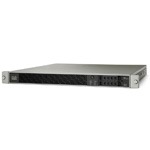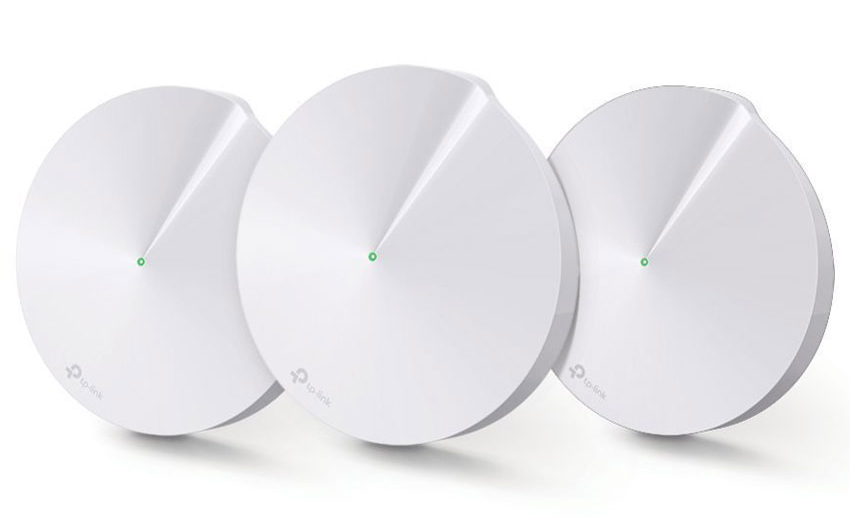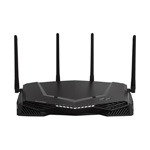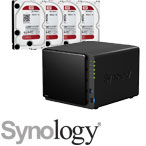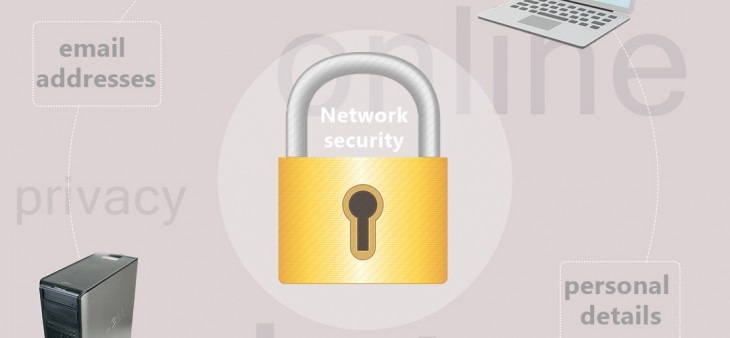
Protect your valuable data and devices from cyber threats! This beginner-friendly guide from Comms Express dives deep into home and business network security solutions, offering practical tips on strong passwords, secure routers, firewalls, software updates, and more. Secure your digital assets today!
- Home & Business Network Security: Essential steps to protect your network from cyber threats.
- The Risks of Unsecured Networks: Data breaches, malware infections, and financial losses.
- Boosting Network Security: Practical tips like software updates, firewalls, strong passwords, and secure routers.
Question: How can I secure my home and business networks?
Answer: This article offers a roadmap to robust network security, outlining crucial steps to safeguard your valuable data and devices.
Hacking, both ethical and otherwise, is on the rise. Viruses are everywhere. Plus, with GDPR looming over many businesses, keeping all data safe is of paramount importance.
But what can you do to make sure your home or business network is secure?
Table of Contents:
Why Do We Need Network Security?
Tip 1: Keep Up-To-Date on Network Security Trends.
Tip 2: Install a Hardware Firewall To Improve Network Security.
Tip 3: Improve Network Security With Your Router.
Tip 4: Use a Reliable, Up-To-Date Internet Security Software.
Tip 5: Stop filesharing through Computers – Use a NAS or server instead.
Tip 6: Everyone needs to use strong passwords.
Tip 7: Make Network Security A Company-Wide Culture
Tip 8: Use a secure backup system.
Tip 9: Secure your network With Encrypted WiFi
Why Do We Need Network Security?
Even the biggest corporations have network security faults. The US government accuses Briton Gary McKinnon of hacking into some of the most secure computers in the world. He’s said to have hacked into the Pentagon and NASA from the comfort of his north London bedroom.
American authorities described it as the “biggest military computer hack of all time”. McKinnon’s defense was that he was looking for evidence of UFOs.
The US government claimed he caused $700,000 of damage to their systems.
If these accusations are true, this proves the need to be vigilant about security.
The problem is:
If McKinnon can hack into one of the most secure systems in the world, what chance do home and small business networks have?
Well, here are our top tips to keep your PCs and Networks as safe as possible.
Tip 1: Keep Up-To-Date On Network Security Trends.
Technology is changing at an alarming pace. You need to stay on top. Keeping up-to-date with the latest technology and industry news is a great place to start.
We recommend the following places for all your network security news
Keeping on top of the latest products, services and cyber threats can help you spot weaknesses in your network’s security.
Tip 2: Install A Hardware Firewall To Improve Network Security
Once a computer is connected to the internet it can then connect to other networks too.
Think of the amount of information stored on your network:
- Saved passwords
- Bank details
- Finance details
- Personal details
- Email addresses
- And more.
Imagine losing all this data! This is bad enough if you are a home user, but it’s worse for businesses. With GDPR making breaches a punishable offence, you have to keep all the data as secure as possible.
So what’s the solution?
A hardware firewall is! It can improve your network security and prevent computers from connecting to yours.
Hardware firewalls can be a standalone product or built into a router. Most standalone Firewalls come with a number of ports for wired connections. Some are just plug-and-play, and others will need a bit of configuration. Firewalls range from around £100 to £25000 and above. We recommend buying the best your budget can afford. Network security is well worth the cost and the effort to install.
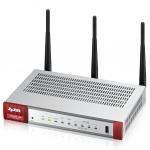
|
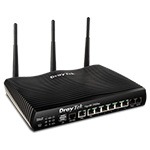
|
Tip 3: Improve Network Security With Your Router
Most routers provided by Internet Service Providers are very basic. They are often set up for the most technophobic person to use.
This is where you hit the snag.
Many routers have a pin number system. If the password or username is changed, the pin stays the same. This is so that the customer service team can help those who have forgotten their passwords. But it leaves the router open to hacks.
Plus, all these routers are the same and released on scale. Hackers will focus on one type of router so they can use the same weakness and compromise network security.
Using a secure router can help secure your network. Using a secure router, setting up guest WiFi, and keeping your router up to date can improve the security of your network.
You should also change your router name so that it doesn’t include the brand name or your personal details.
For example, Sky and BT will often use the same format for their router names. If you know the patterns, you can easily guess the make of a router.
Giving away the make of your router can help hackers break into it. Using your brand name or personal information in the router’s name can also aid hackers.
|
|
Tip 4: Use A Reliable, Up-To-Date Internet Security Software
Keeping your antivirus and other software up-to-date is a must. New viruses and weaknesses are discovered all the time, so your software needs to know how to deal with it. An out-of-date software will not spot brand-new viruses. Some may slip through and compromise your network security.
You also need to stay ahead of the trends. You may be using the one that came with your computer, but it may not be the best on the market.
When your antivirus software is near renewal, it’s always best to scope out alternatives. Search around on forums, ask IT professionals and check reviews to find the best security for you.
Tip 5: Stop Filesharing Through Computers Or Airdrop
Sharing files via computer sharing can cause a whole bunch of problems. Viruses that are downloaded on one computer could spread through the network. This can be more precarious if you use laptops. If you forget to turn off file sharing and use public WiFi, anyone can access your files.
So what are the alternatives?
Use a NAS device or a dedicated file-sharing server to keep your network secured.
NAS (Network Attached Storage) devices are an excellent way for homes or small businesses to serve data from a central location. There are plenty on the market, with all kinds of functionality to suit every type of business.
For bigger businesses, having a dedicated server may be the answer for you. To set this up, you may need to contact your IT company or speak to our technical team.
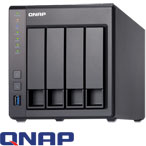
|
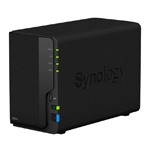
|
Tip 6: Everyone Needs To Use Strong Passwords
This sounds obvious, but not everyone does it. Ensure everyone on your network uses strong passwords. Microsoft describes a good password as:
- Having at least eight characters
Not contain your username, real name, or company name
- Not containing a complete word
- Being significantly different from previous passwords
- Containing uppercase letters, lowercase letters, numbers, and symbols
We recommend not using your favourite band or football team, especially if you mention them on your website or social media.
The first thing a hacker will do is run a script looking for weak passwords. One poorly chosen password could compromise the whole network’s security.
But when in doubt, use a password manager to store all your passwords.
Tip 7: Make Network Security A Company Issue
Network security is not an adventure you should take alone. You will need to train staff, colleagues, and others who use your network to help protect it.
Train your staff about the importance of network security. You could implement a weekly email with a top tip of the day, or run sessions for new staff.
Ensure all network security procedures are included in company handouts and onboarding processes. Keep all new staff aware of company policies surrounding internet use.
Tip 8: Use A Secure Backup System
Some cybercriminals may threaten to delete all your data. Sometimes this is an empty threat, but occasionally they will follow through. A secure backup can help you recover if your data is deleted or compromised.
There are several ways to back up data.
- Cloud backups
- Disk-based backups
- Offsite backups
Using one or more of these options means you will always be able to restore your data.
Tip 9: Secure Your Network With Encrypted WiFi
Many routers come with WEP (Wired Equivalent Privacy), but this solution is in no way adequate. Hackers can easily break past this encryption.
To ensure network security, it’s better to use WPA2 (Wi-Fi Protected Access) or WPA3 protection. WPA has much more sophisticated data encryption than WEP. It also allowed for better user authentication.
The internet is a scary place, but with the right network security in place, you can rest a little easier. Of course, there are many further steps that you can take to ensure complete peace of mind with your PC and network. Keep improving and testing your networks to find improvements. Start protecting your network today. Visit our Network Security category to get started.

